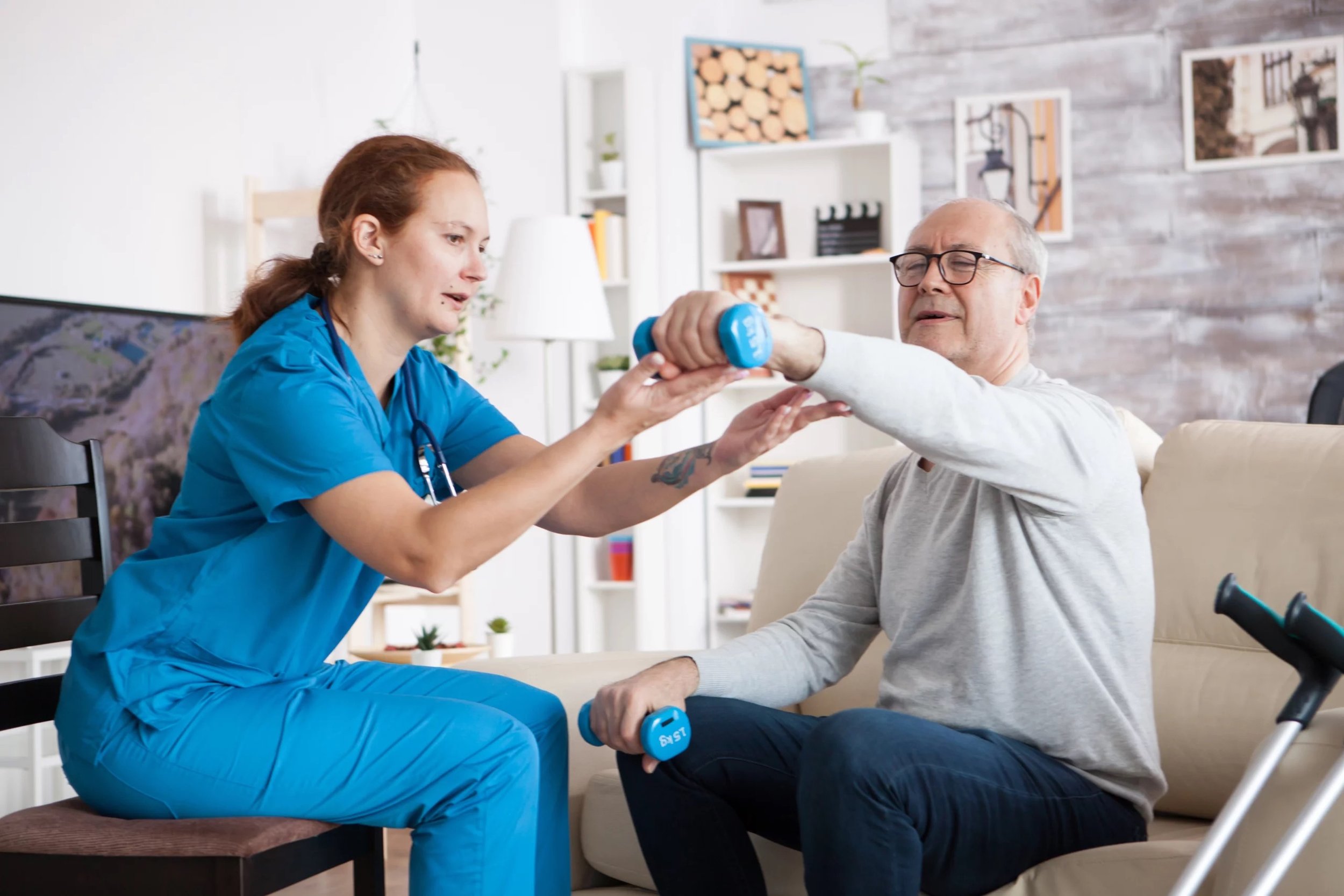Family Practice for Your Primary Care
If you're currently looking for "primary care doctors near me," we extend a warm invitation to our family clinic in Irving and Grand Prairie, TX. We're here to provide you and your loved ones with the exceptional primary care you deserve. We happily accept most insurance plans to make healthcare more accessible to you.
Health and Medical Center for You and Your Family Needs
DFW Family Clinic in Irving and Grand Prairie, Texas, is on a mission to provide the best primary care for your family.
Our family doctors will craft a careful treatment plan to help you feel better, manage your chronic conditions, and ensure you're on the path to optimal health.
Is It Your First Time Visiting DFW Family Clinic?
Download our new patient form so that you can fill it out before coming to our clinic. This is the first step for making your visit as efficient as possible. Let us provide you with the best family practice and primary care services.
Health Center with Family Practice and Primary Care Doctors
Annual Physicals
At our family clinic, you can get comprehensive yearly check-ups to assess your overall health and catch potential issues early.
Acute Illnesses
Add your pricing strategy. Be sure to include important details like value, length of service, and why it’s unique.
Well Child Care
Our family doctors offer regular appointments to ensure the growth and health of your child from infancy to adolescence.
Chronic Disease Management
Our family practice crafts tailored care plans for long-term health conditions, ensuring symptom control and improved quality of life.
Well Woman Exams
Specialized health examinations for women, including breast and pelvic exams, to promote women's health.
Weight Management
Customized programs to help you achieve and maintain a healthy weight through lifestyle changes and guidance.
Biometric Screenings
Assessments of vital health statistics like blood pressure and cholesterol levels to gauge your overall health.
Pain Management
Multidisciplinary approaches to alleviate and manage chronic pain, offering relief and improved well-being.
Meet Our Family and Primary Care Physicians and Nurses
-

Dr. Adila Siddiqi
Doctor of Osteopathic Medicine
-

Ms. Farah Siddiqi
Family Nurse Practitioner
-

Amanda Hayes
Family Nurse Practitioner
Here's What Our Patients Say About DFW Family Clinic
-
Farah is so thorough and compassionate! Will definitely be sending my family and friends here.
Sidra Deen
-
Took my parents and they were throughly checked and patiently listened and got all the questions and queries answered. Recommended to all my friends and family
Ali Ishtiaq
-
This place is beyond amazing! Farah and staff are awesome with going through every detail to ensure that you have the information that you need! Highly recommend!
Sarah Elsamra
We Accept Most Major Insurance Carriers Including...
Contact Us
Have Questions or Need to Schedule an Appointment?
Grand Prairie Office
Address:
2771 Sherman Street, Grand Prairie, TX 75051
Phone: 📞 972-647-0550
Fax: 📠 972-647-1010
Irving Office
Address:
3501 N. MacArthur Blvd, Ste 330, Irving, TX 75038
Phone: 📞 972-887-3376
Fax: 📠 972-887-3394












